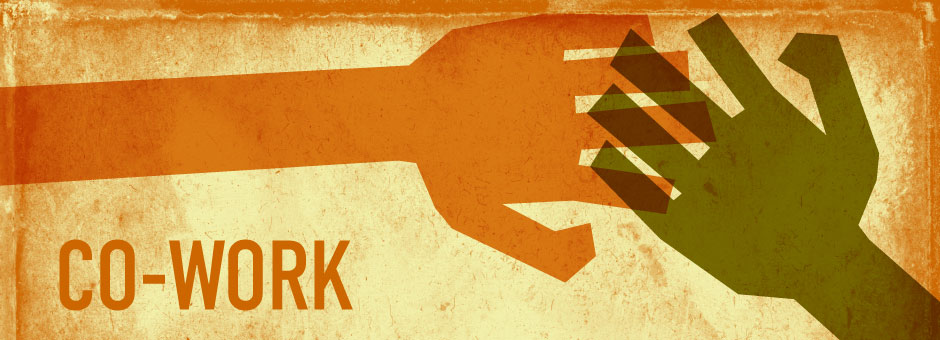As much as we complain about ‘the world today’, in general we live with more stability, security, and peace than ever before. But dovetailing nicely into our talk of democracy versus dictatorship a few weeks back, we are once again tempted to ask a few questions on our quest for the ultimate society.
Take safety nets. One successful entrepreneur at the table told the story of his start. Shot in Vietnam he received monthly government checks as well as full health care which provided a base line of security, allowing him to take a few risks in his career. And it paid off. But without that basic safety net his story could have been much different. Another entrepreneur at the table spends $25,000 a year on individual health care for his family and wonders how others with more limited income could possibly survive this expense.
The well off have other advantages, too. It makes sense from a risk management perspective that wealthier people would get better interest rates on their home loans. Does it make sense from a social perspective? And if you become über wealthy, what is your social responsibility?
The question then becomes can large scale economic and government structures architect a better society from the top down or are they a reflection of the culture in which they live? If individual choice and interaction make up the essential fibers of our community and thus create our overarching structure, perhaps a grassroots transformation of our relationship to fellow human beings and the planet can lead us to an even more evolved system of governing in the future.
Throw in the exponential power of the internet and you might just have yourself a global revolution. (Check out this Clay Shirky TED talk.) Think global, act local. Utopia, here we come?
Written by Natasha Juliana Curious about working at WORK? Try it for free… Curious about Coffee Social? Join us Tuesdays at 10 AM.


